Highland businesses are echoing findings released by the Scottish Tourism Alliance (STA) showing 60% said they had less than three months cash reserves.
The figures from the organisation’s Business Barometer Survey come on the first day of Scottish Tourism Month and to add to their bleakness, a quarter of respondents said they had no financial back up at all.
Stand-out challenges for owners of bars, restaurants and hotels in the survey were energy costs (93%) and cost-of-living (84%), while for tourism and hospitality businesses the Short Term Lets (STLs) Licensing Scheme (35%) and energy costs (25%) were the top difficulties.
Among the most contentious issues facing small businesses in the Highlands is the Deposit Return Scheme (DRS) which is provoking the most anger.
Some 58% of STA respondents saw the DRS as a challenge and with the August implementation deadline looming large in the collective business consciousness, it is increasingly taking centre stage.
Last week the scheme came in for a roasting from Inverness SNP rebel Fergus Ewing, who branded his own party’s policy a “disaster.”
Meanwhile, the controversial scheme prompted the Green minister charged with introducing the initiative, Lorna Slater, to accuse the Scottish Secretary Alister Jack of trying to “sabotage” the scheme.
He had claimed the Scottish Government had not sought an exemption from Westminster from the Internal Market Act for the scheme, which the circular economy minister Ms Slater insisted was “nonsense” and “not true”.
Nevertheless, the same day STA raised the alarm about industry cost burdens, DRS administrator Circularity Scotland hailed a “key milestone” in the implementation of the scheme after producers responsible for more than 95% of the containers sold in Scotland registered for the recycling programme.
Family-run independent wine bar and deli One One Two on Nairn’s high street has also raised the alarm concerning the DRS noting one supplier in Wales for example was mulling not providing Scotland at all with produce should the idea go ahead.
Stocking local and Scottish artisanal deli produce and wines from all around the world, One One Two co-owner Kirsten Hamilton and Nairn BID (Business Improvement District) member said: “It seems as if everyone is blind to it (DRS).
“We are in the process of opening a wine shop, so the DRS has been a bit scary. We are a bit worried if it does go ahead it would make it unviable.
“I am quietly confident they (Government) will have to look at it, whether to postpone or align it to England at the same time.”
Hospitality industry ‘pessimistic’ about energy bills support
Ms Hamilton also addressed changes in the Energy Bills Discount Scheme (EBDS) after the UK government said it had to “limit taxpayers’ exposure to volatile energy markets” with a cap set at £5.5 billion based on estimated volumes.
The STA survey noted a whopping 96% of respondents were “not confident”, “pessimistic” or “extremely pessimistic” EBDS would protect the tourism and hospitality industry from energy prices during the next 12 months.
And 28% reported they were “extremely pessimistic” about energy bill protection beyond April 2023.
Ms Hamilton added: “We have gone from around £500 a month to £2,000 a month in electricity alone. We are lucky we are busy throughout winter but it is not a great time and there is only so much you can put your costs up by otherwise people just won’t pay it.
“We are more stable (than the 60% of respondents who had less than three-month cash reserve) and tend not to use our overdraft or spend more money than we can afford.
Loch Ness by Jacobite – which participated in the STA survey – added it agreed with the caution expressed by the STA, noting polices such as the DRS and STLs, “although well-intentioned” are adding to cost and administration pressures.
The firm’s managing director Freda Newton said: “We would like to see more support from the Scottish government, by considering a pause to some of the forthcoming legislation and the implementation of more extensive rates relief.
“Increased financial burdens as a result of new legislation will impact our ability to continue to invest and improve. The Highlands relies on the visitor economy which creates jobs for local people and boosts a variety of businesses.
Calls for business rates to align with England
“We would urge the Scottish Government to recognise this economic value and support the tourism industry.”
The STA survey also threw up a powerful cocktail of issues swirling around the tourism community, with nearly half of respondents facing an increase in their business rateable values (45%), while 5% were experiencing a 75% increase and 9% facing a 50% increase.
A significant number of respondents also called for action on business rates with relief to be aligned with England, a move endorsed recently by head of Aberdeen office for property giant CBRE Derren McRae.
Commenting on the STA survey, Nairn BID manager Lucy Harding said: “Nairn BID is supporting local businesses by joining its voice to the call for a delay to the start of the DRS or an exemption for small businesses at least at the start – as well as helping local businesses understand the implications of the legislation and what they will need to do in order to comply with it.
“Short-term let licensing is proving a challenge for many of our members but again we are supporting people to apply for licences – although some clarity about the deadline extension would be helpful.
“We do know of several self-catering properties which have been sold off, reducing choice for holidaymakers in this centre for tourism on the Moray Firth coast.”
Survival dependent on government policy direction change
Commenting on the survey STA CEO Marc Crothall said: “The intensity of feeling across the industry is tangible.
“This is a resilient sector that continues to strive for success. The stark reality facing our industry is the survival of many businesses will be entirely dependent on an immediate change in the direction of government policy.”
“Everyone across the country is facing intense pressures from inflation and energy costs and business is no different. Our industry is experiencing the double whammy from inflation and the policy pain that is adding costs which could put many out of business altogether.
“This is entirely the wrong time for the Scottish Government to be piloting policies that will do limited good and risk maximum harm.”
The survey represents views from 31 out of the 32 local authorities across Scotland, with 31% of responses coming from the Highland Council area.
A Scottish Government spokesperson said: “The Scottish government is aware of the enormous pressures facing businesses in this cost-of-living crisis, and is taking decisive steps to offer support.
“The significant cut by the UK government in support for businesses with their energy costs beyond March is concerning and ministers have repeatedly joined businesses to call on the UK government to take action, including through a VAT reduction on energy bills and an expansion of shortage occupation lists.
Package of reliefs worth £744m
“The Scottish Budget 2023-24 delivers the lowest Non Domestic Rates poundage in the UK for the fifth year in a row, saving ratepayers an estimated £308 million compared to an inflationary increase.
“It also provides a package of reliefs worth an estimated £744m, including the UK’s most generous Small Business Bonus Scheme and a Revaluation Transitional Relief which will protect those seeing the most significant increases in their rateable values as a result of revaluation.”
The statement added that Deputy First Minister John Swinney had established a Regulatory Joint Taskforce, which the Scottish Tourism Alliance has twice attended.

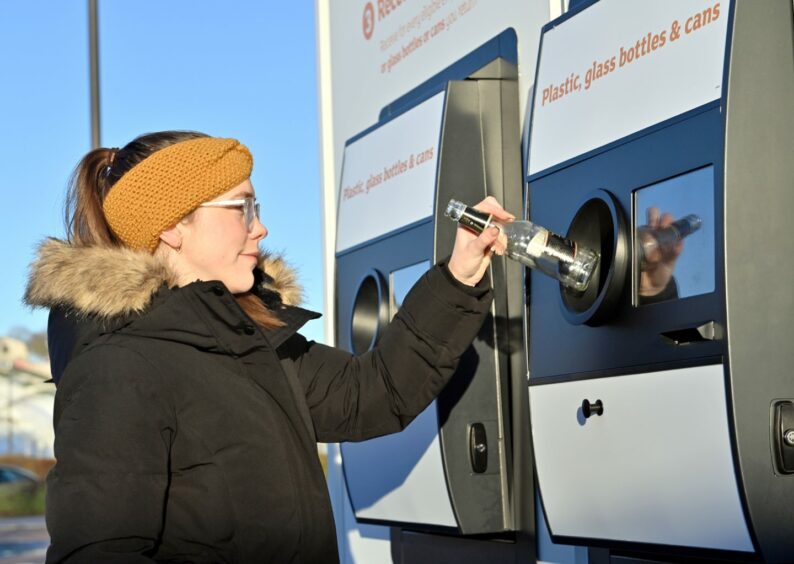
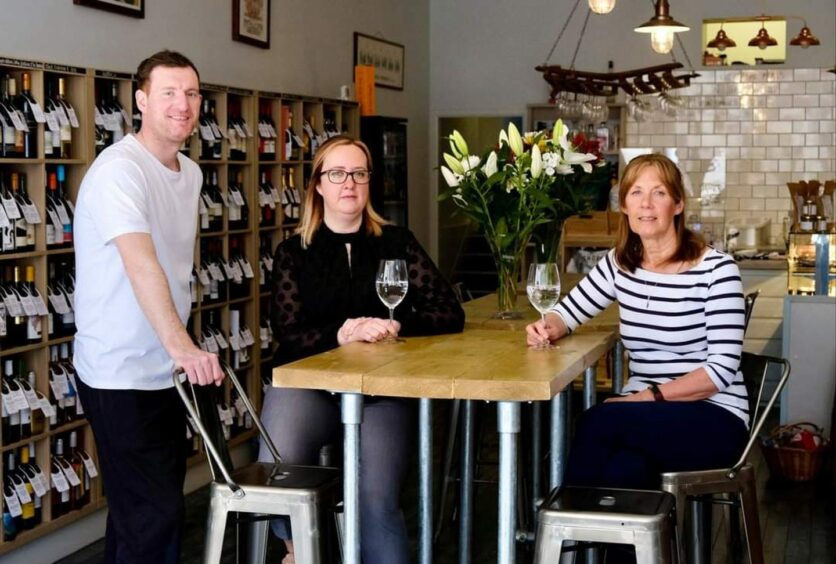
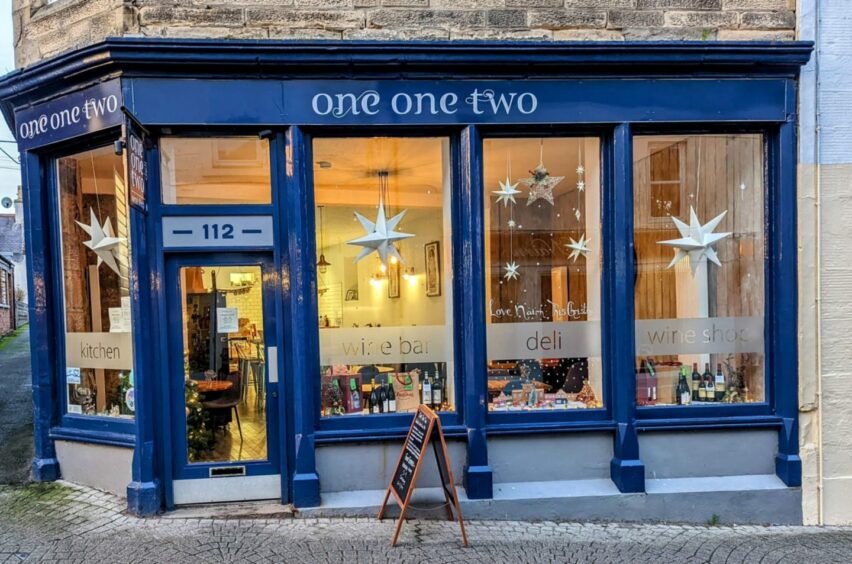
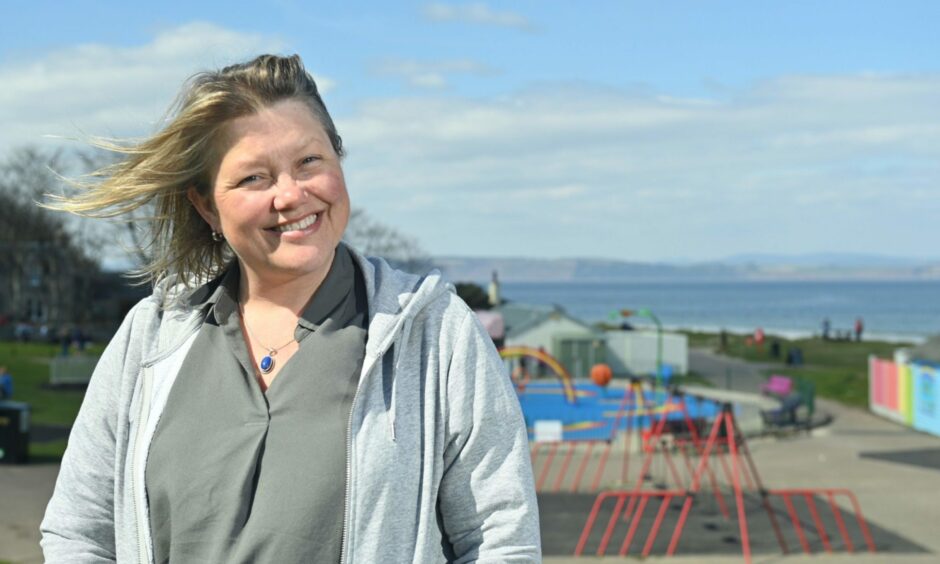
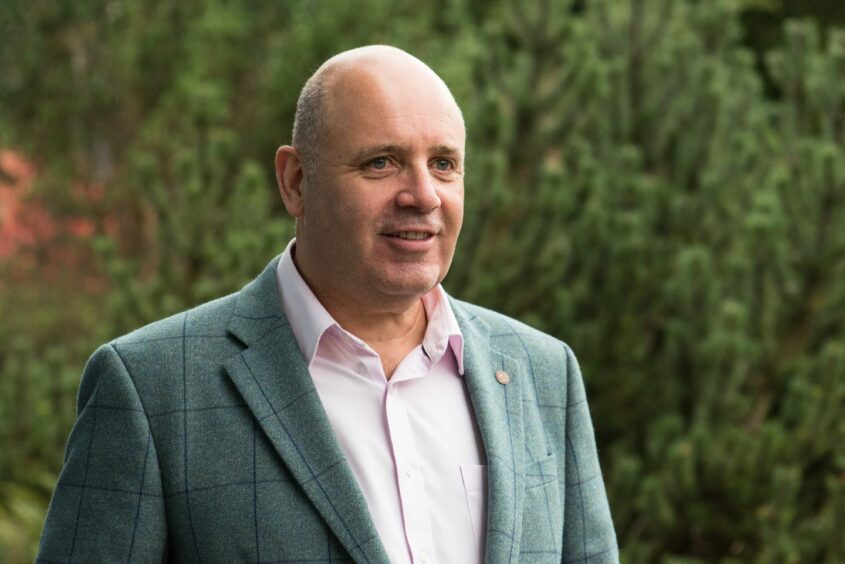
Conversation